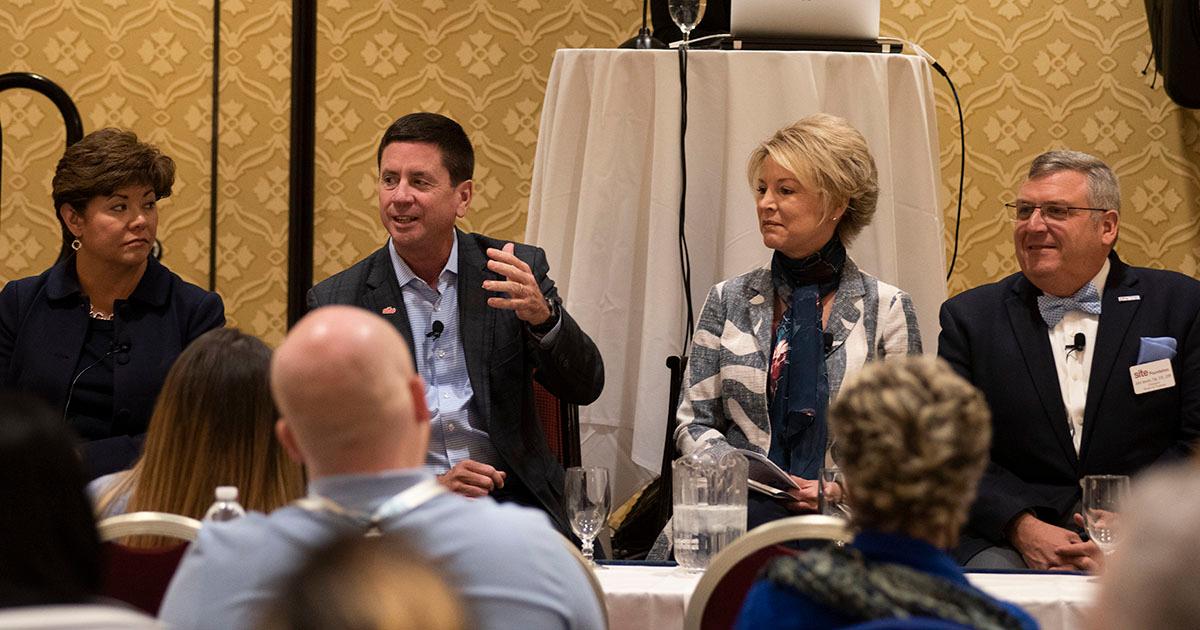The Society for Incentive Travel Excellence (SITE), the Incentive Research Foundation (IRF) and Financial and Insurance Conference Professionals (FICP) released the Incentive Travel Industry Index during a Smart Monday education session at IMEX America in Las Vegas.
As the largest survey conducted of key people in the incentive travel industry, the index contained responses from more than 1,000 people, including incentive travel buyers and suppliers spanning 86 countries.
Lori Cioffi, senior vice president and chief content director of meeting groups at Northstar Travel Group, explained that the five major takeaways of the survey were that budgets for 2018 are up, there are more qualifiers, incentive travel helps build workplace culture, there is an increase in all-inclusive destinations and there is an emphasis on wellness.
Sixty-five percent of buyers are increasing the number of incentive program qualifiers. Steve O’Malley, president of Maritz Travel, explained that he felt qualifiers were increasing because “the markets are so hot.”
While profitability is still a major reason to continue running incentive programs, the survey showed that it aides in healthy relationships between management and employees. Cioffi brought up the concept of “softer objectives.” She explained that companies are looking to focus on their relationships with employees and the culture around them. “Why are you doing this is not just profitability it’s also relationships,” said Janet Traphagen, president of Creative Group. She went on to convey that the narrative needs to be changed from hard ROI to recognize the larger impact the industry has.
Cioffi told attendees that the report also states there is an increase in the use of all-inclusive destinations. So, while the budget numbers may be up, people are still seeking a good deal. “I think the all inclusive has a bit of a myth to it.”
John Iannini, vice president for business travel and meetings and events at Meliá Hotels International and president of the SITE Foundation, said all inclusive travel has come a long way.
“For people that think it’s a budget way to do a program that’s absolutely the wrong philosophy,” he said.
Wellness has become more important to people as well, according to the survey. While the index portrays wellness to be “the new golf,” O’Malley joked, adding, “golf was never the golf.” Traphagen agreed, saying, “I think there is a lot more education around taking care of yourself.”
Respondents to the survey, conducted by J.D. Power, averaged nearly 50 years in age and about 20 years of industry experience.



